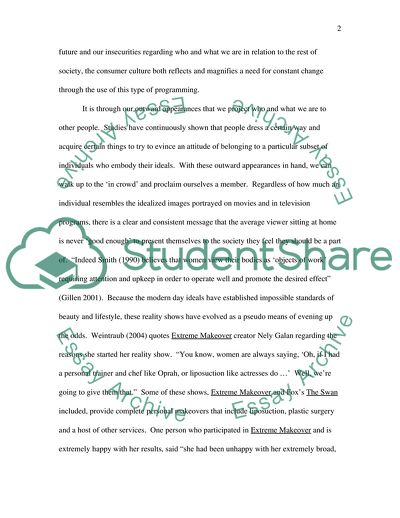Cite this document
(Makeovers Essay Example | Topics and Well Written Essays - 1500 words, n.d.)
Makeovers Essay Example | Topics and Well Written Essays - 1500 words. https://studentshare.org/media/1703359-makeovers
Makeovers Essay Example | Topics and Well Written Essays - 1500 words. https://studentshare.org/media/1703359-makeovers
(Makeovers Essay Example | Topics and Well Written Essays - 1500 Words)
Makeovers Essay Example | Topics and Well Written Essays - 1500 Words. https://studentshare.org/media/1703359-makeovers.
Makeovers Essay Example | Topics and Well Written Essays - 1500 Words. https://studentshare.org/media/1703359-makeovers.
“Makeovers Essay Example | Topics and Well Written Essays - 1500 Words”. https://studentshare.org/media/1703359-makeovers.


